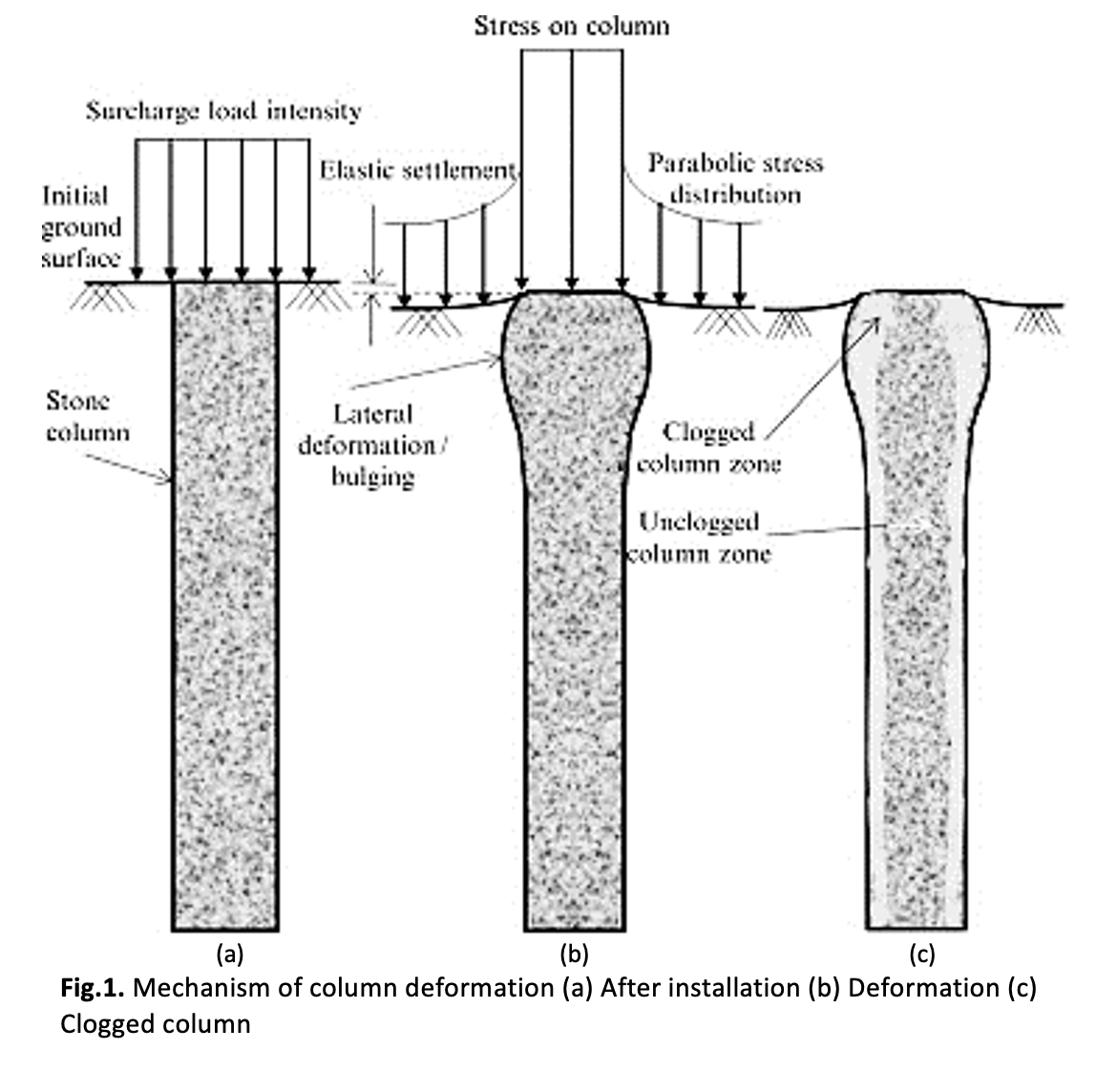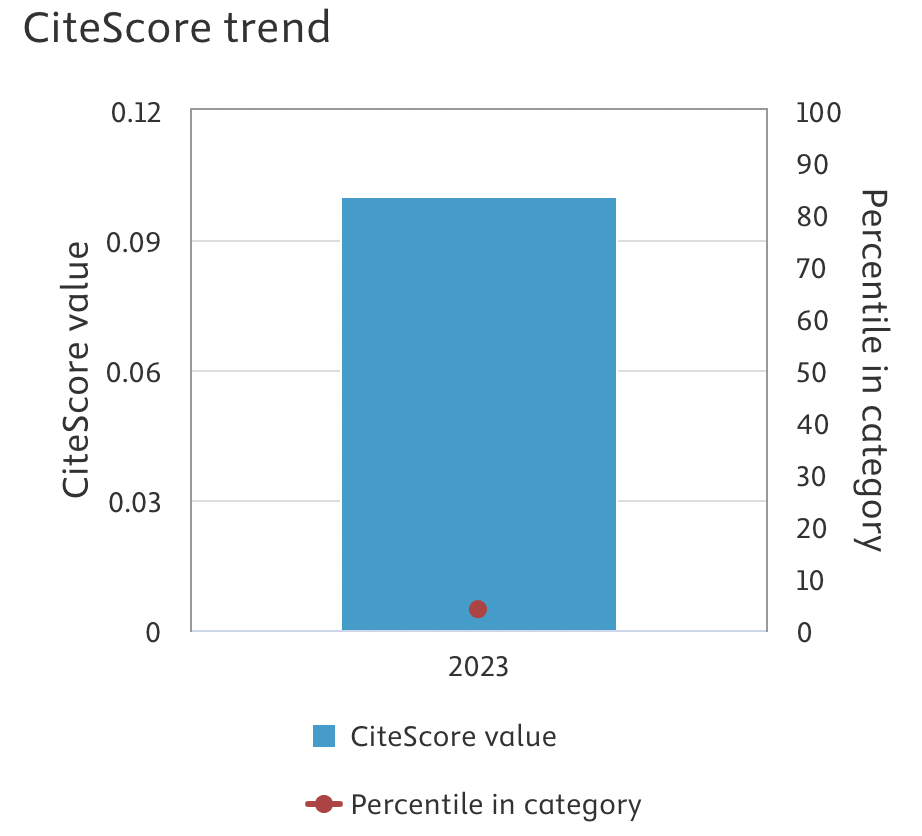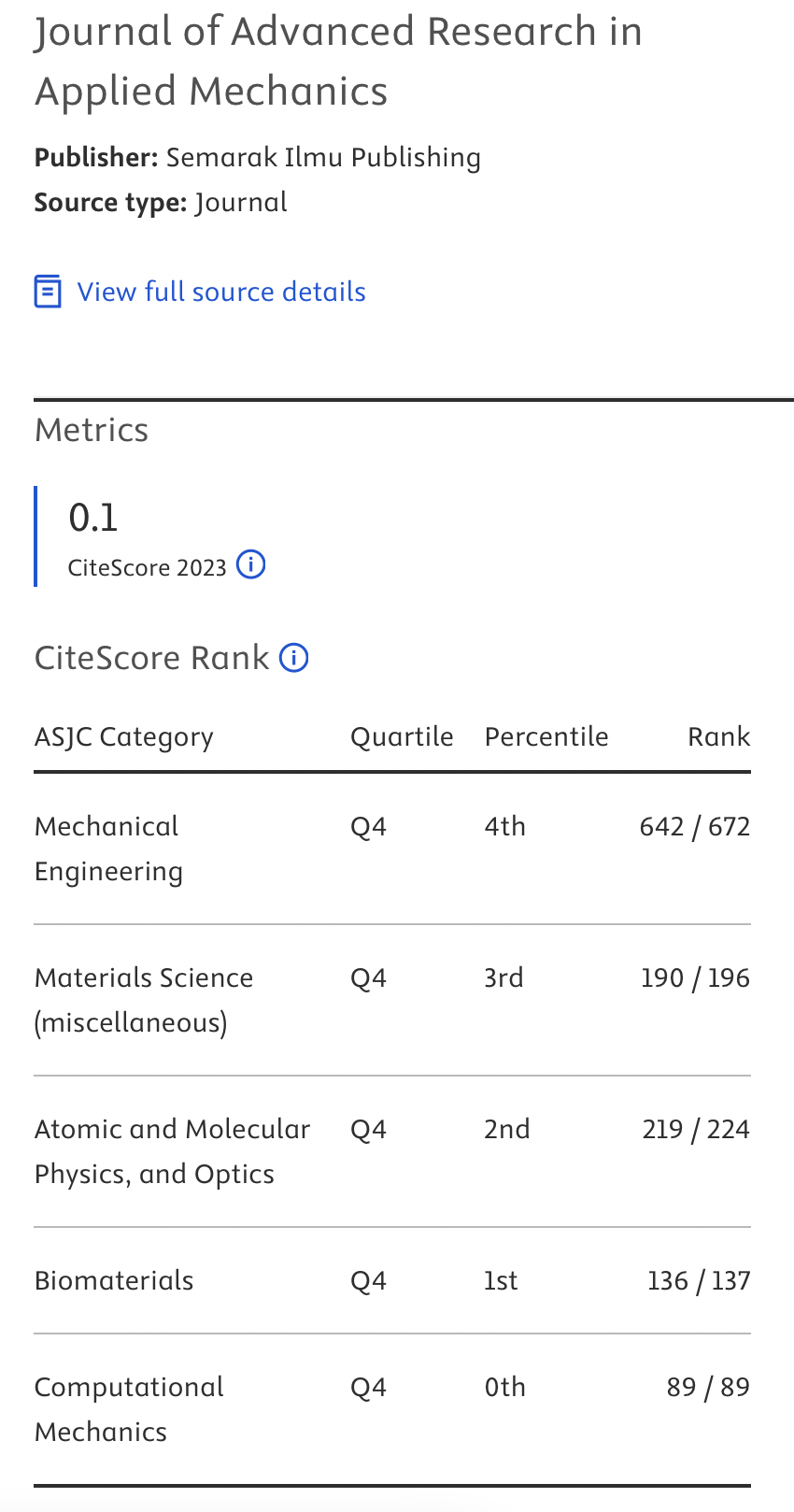Identifying and Categorizing Building Defects and Failures Caused by Overloading
DOI:
https://doi.org/10.37934/aram.122.1.186204%20Keywords:
Overloading, building collapse, structural damage, settlement, defects, failuresAbstract
The building is at significant risk due to structural faults related to the imposed loads. Various circumstances, such as excessive load, inadequate design, or the utilization of substandard materials, might lead to these imperfections. Furthermore, these deficiencies not only impact the well-being of individuals residing in the building but also result in substantial economic setbacks and damage to the standing of those involved. However, to surmount this hindrance, it is imperative that all entities participating in the construction process collaborate, adhere to rigorous quality control protocols, and adhere to building regulations. It is essential to take proactive measures at each phase of construction to minimize flaws associated with loads. This involves a comprehensive analysis of the structure carried out during the design phase, careful oversight of the materials and methods used during construction, and regular inspections and maintenance once the building is completed. Consequently, the structure can enhance its ability to withstand and recover from damage, as well as extend its overall duration, all while ensuring the safety of its occupants and the surrounding community. Furthermore, it is imperative to engage in ongoing surveillance and upkeep to detect any such imperfections and rectify them before they escalate into more significant complications. Preventive maintenance programs, structural appraisals, and routine inspections can help discover early signs of degradation or structural weakness, allowing for prompt action and correction. In addition, investing in contemporary technology such as structural health monitoring systems can offer immediate and accurate information about the condition of buildings, so enabling effective risk management and proactive maintenance strategies. In conclusion, it is crucial to address any flaws in building load-related issues to ensure the sustainability and safety of the structure.Downloads

Downloads
Published
2024-07-31
How to Cite
Mydin, M. A. O. ., Omar, R. ., Mohd Nawi, M. N. ., Wan Ismail, W. N. ., & Norazman, N. . (2024). Identifying and Categorizing Building Defects and Failures Caused by Overloading. Journal of Advanced Research in Applied Mechanics, 122(1), 186–204. https://doi.org/10.37934/aram.122.1.186204
Issue
Section
Articles


























